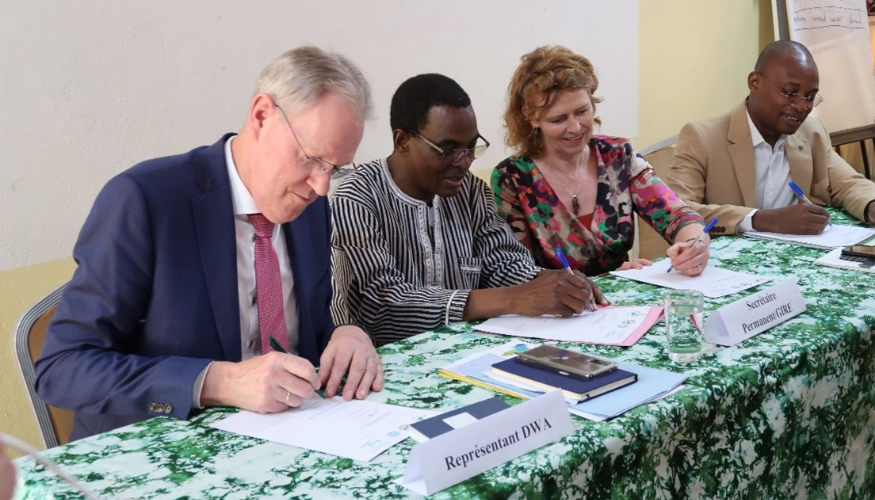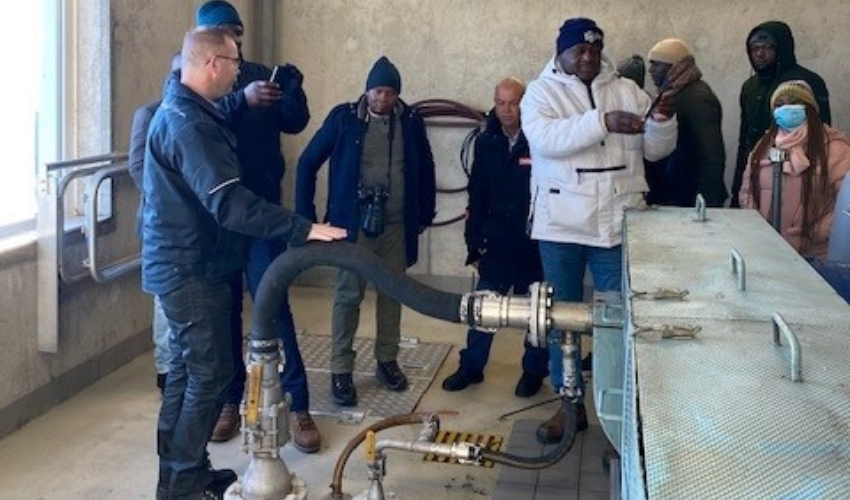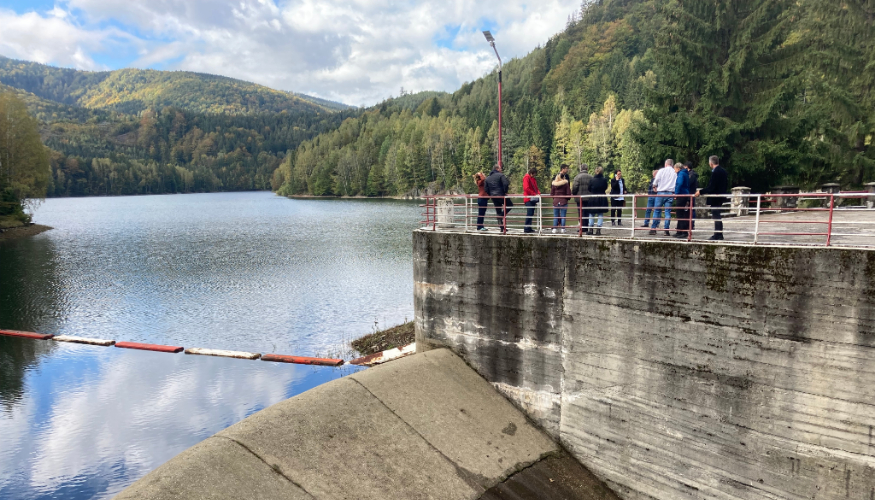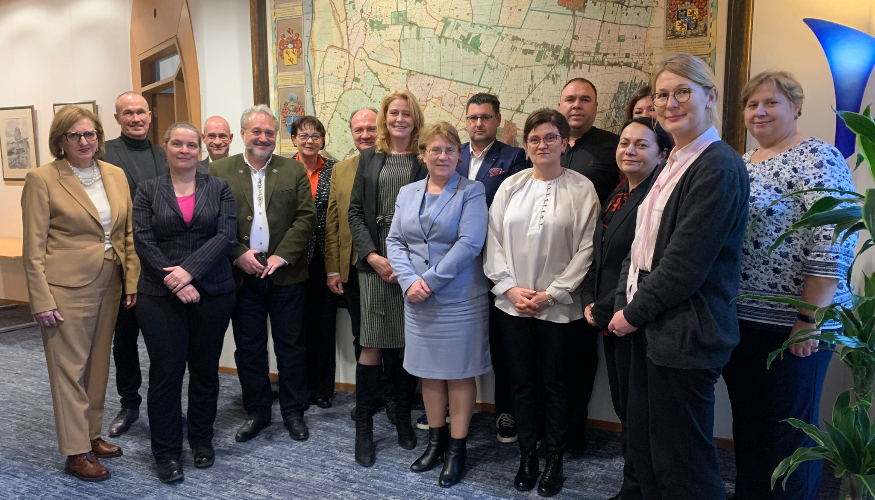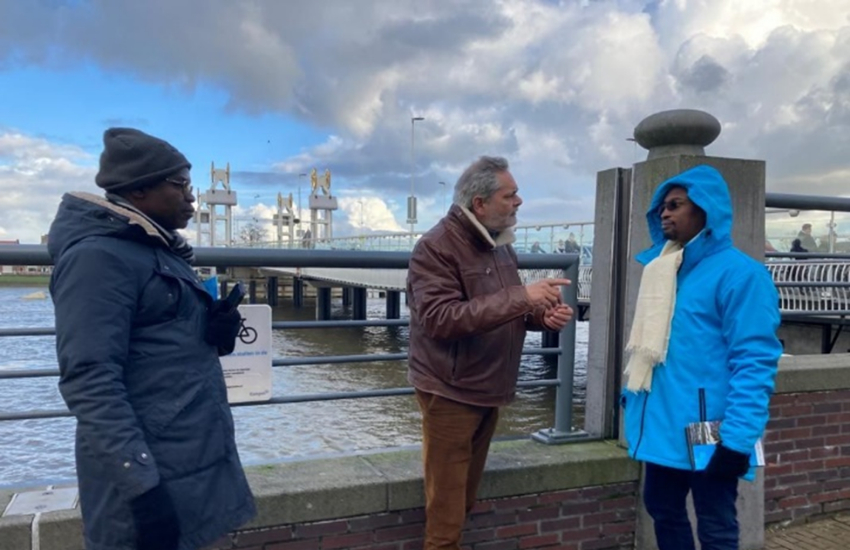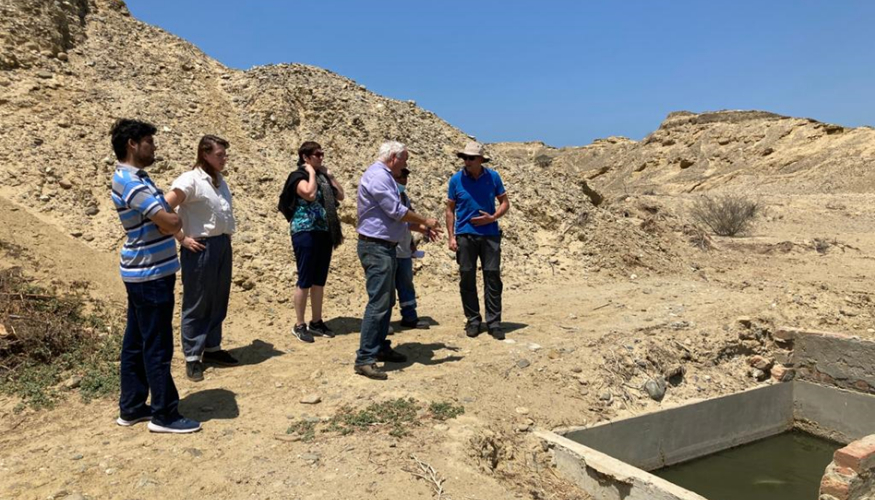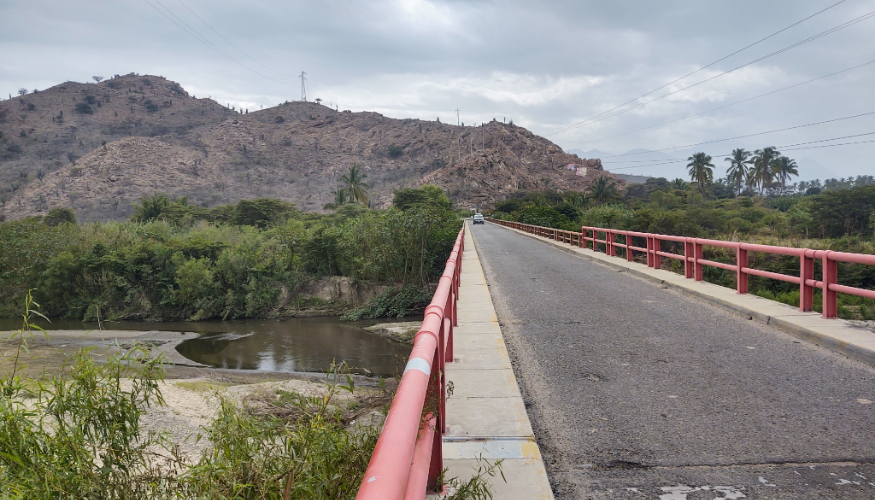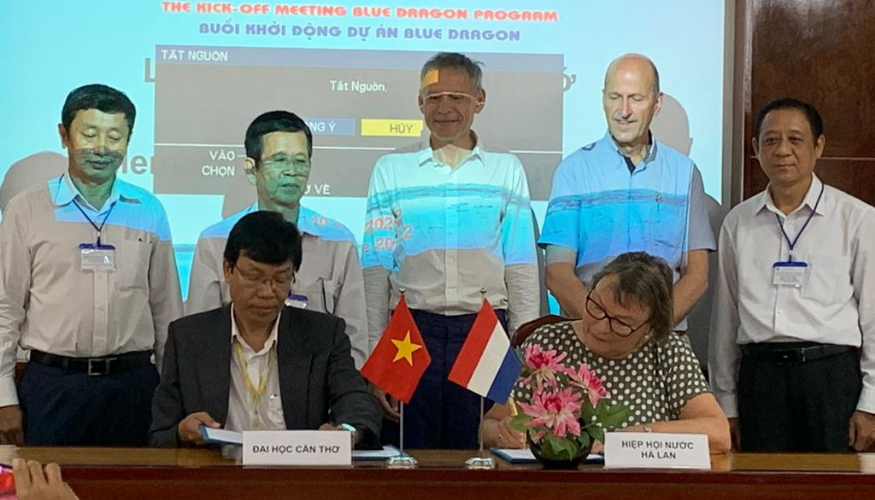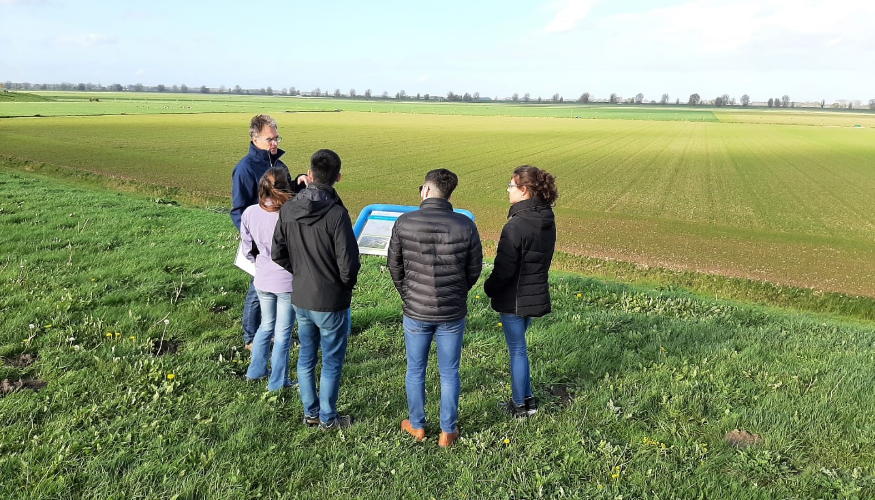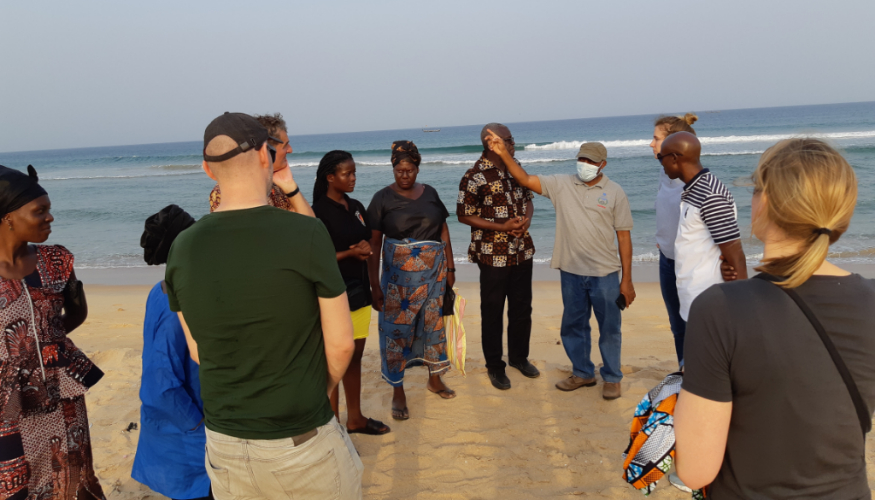On March 9, Marit Borst, director of the Dutch water authority De Dommel, signed cooperation agreements until 2030 with Colombian partner authorities of InspirAgua, the Colombian Blue Deal programme. With these agreements the cooperation between Colombian and Dutch water professionals will be continued for Phase 2 of the Blue Deal.
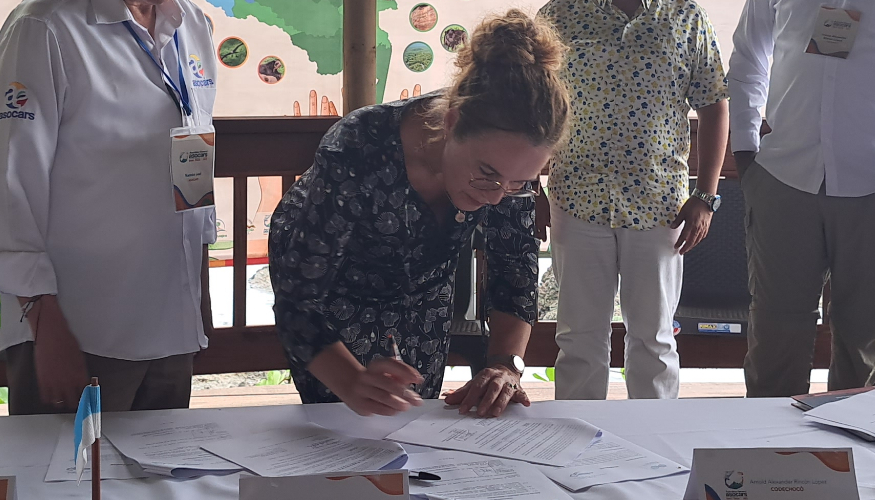
Since 2018, InspirAgua is active in 5 regions within Colombia. We work on topics such as participatory monitoring, waste water treatment, crisis management, improving water quality and licenses and control. In Colombia, Dutch professionals share knowledge and experience. At the same time, Colombian colleagues bring in more information about coping with drought, flash floods and extreme precipitation.
Results Phase 1
During Phase 1 of the programme, the main focus was to establish a strong relationship based on trust and experience. It brought multiple results, for example in the regions Santander, Caldas and Huila. In Santander, local people were stimulated to collect data about the quality of water to improve decision making on a higher level. In Caldas, we are currently improving the water quality of the Río Chinchiná by reducing the discharge of waste water, without using a sewer system. And in Huila we are helping to organize crisis management, to act more precisely during crisis situations.
Ready for Phase 2
For the next years the work within InspirAgua will keep following the topics that were defined earlier. And as in line with the goals of the Blue Deal, in Phase 2 the focus will also be on bringing knowledge from Colombia to the Netherlands. With the new agreements with our partners, and even a signing with a new partner, InspirAgua is ready for the next years. Agreements were signed with: CAM, Aguas del Huila, CAS, CDMB, Department of Santander, CVC, Acuavalle, Corpocaldas, Empocaldas, Aguas de Manizales, ASOCARS and Andesco. Cormagdalena follows soon.

